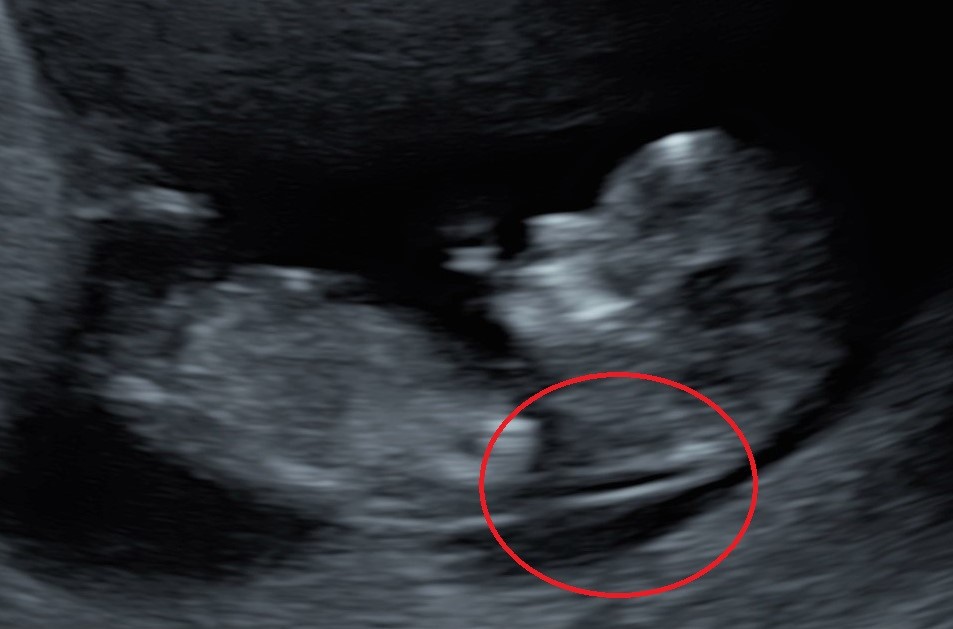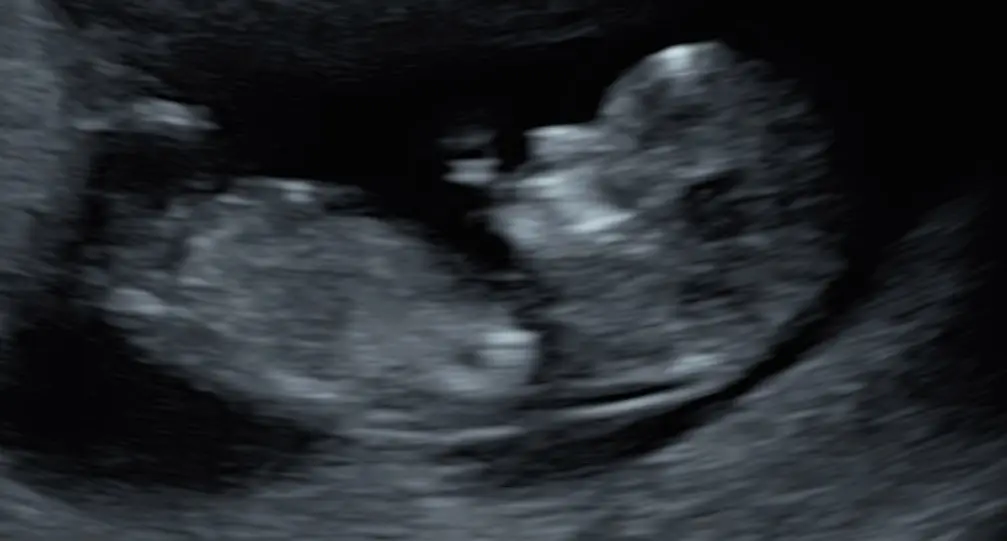
Sophia McCarthy
Operations Manager
If you are currently in your first trimester of pregnancy, you’ve likely already started planning your medical appointments and are looking into all the different types of scans and testing available to you. One type of testing you may have spotted on our website is First Trimester Screening; a blood test accompanied by something called a Nuchal Translucency Scan. So what is this testing, and what can this type of ultrasound tell us about a baby in these early stages?
What is a First Trimester Screening?
Thanks to modern medicine, we can now provide detailed foetal screenings from as early as 10 weeks gestation. First Trimester Screening is a risk assessment test to determine whether your chance of having a baby with Down Syndrome (Trisomy 21), Edward’s Syndrome (Trisomy 18), or Patau’s Syndrome (Trisomy 13) is high or low. Our First Trimester Screening, performed in partnership with Bray Women’s Health Centre, provides a blood test at 10 weeks and a Nuchal Translucency Scan at 12 weeks (Alternatively, patients can opt-out of the blood testing and have the ultrasound on its own).
The blood testing element examines the following:
- Pregnancy-associated plasma protein-A (PAPP-A). This is a protein that is made by the placenta in early pregnancy. Abnormal levels in the blood could mean an increased risk for a chromosome defect.
- Human chorionic gonadotropin (hCG). This is a hormone released by the placenta in early pregnancy. Similar to PAPP-A, abnormal levels could mean an increased risk for a chromosome defect.
When this blood test is combined with the Nuchal Translucency Scan, detection rates are increased to an estimated 94%
What is a Nuchal Translucency Scan?
In order to answer this question, we first need to understand what nuchal translucency is. According to the Fetal Medicine Foundation:
Nuchal translucency (NT) is the sonographic appearance of a collection of fluid under the skin behind the fetal neck in the first-trimester of pregnancy…In fetuses with chromosomal abnormalities, cardiac defects and many genetic syndromes the NT thickness is increased.
Basically, nuchal translucency is a measurement of an area of fluid-filled tissue at the back of the baby’s neck. If the nuchal translucency measurement is thicker than the normal recommendation, this means there is an excessive amount of fluid, increasing the likelihood of a chromosomal abnormality. The nuchal transluceny area is highlighted in the photo below.

During the scan, the sonographer will also check foetal heart rate, maternal age and may also check the nasal bone for any visible abnormalities.
If you decide to forgo the blood testing element, the scan alone provides 75% accuracy instead of 94% with bloods.
How do I book a First Trimester Screening?
Unlike our other pregnancy scans which can be booked online, please note that this package (scan with bloods) can only be booked by phoning Bray Women’s Health Centre reception on 01 276 1522.
This is because the blood testing element is performed exclusively in Bray Women’s Health Centre. The ultrasound element can be performed in any of our three clinics. We advise you to book at least 2-3 weeks in advance to avoid potentially long waiting lists. If you would like the Nuchal Translucency Scan without blood testing, this can be booked on our website here
If you would like more information on anything covered in this post, you can get in touch via info@theultrasoundsuite.ie or send us a message on our Facebook page and we will get back to you as soon as possible. Our website www.theultrasoundsuite.ie also provides a wealth of information on our various policies and procedures.
References and Useful Links
Bray Women’s Health Centre: 1st Trimester Screening (FTS)
https://www.braywomenshealthcentre.ie/services/1st-trimester-screening/
Fetal Medicine Foundation: Nuchal Translucency Scan Guidelines
https://fetalmedicine.org/fmf-certification-2/nuchal-translucency-scan
The Ultrasound Suite: First Trimester Screening
https://www.theultrasoundsuite.ie/maternity/first-trimester-screening.html
Stanford Medicine Children’s Health: First Trimester Screening
